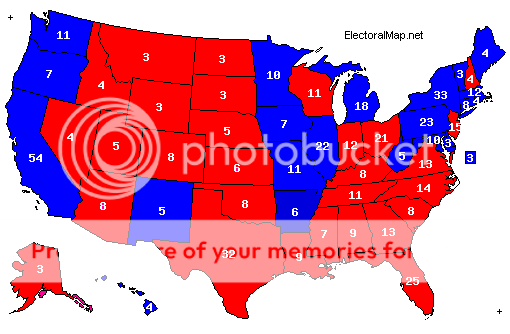Japhy
Banned
I've done the style before. It's better than HEADLINE/Picture HEADLINE/Picture in my eyes, and I like the ability to show directly what the people ITTL are saying.
Well alright then. And you're right you are doing better then that... style.
Please do go on, it is an interesting narrative.






























